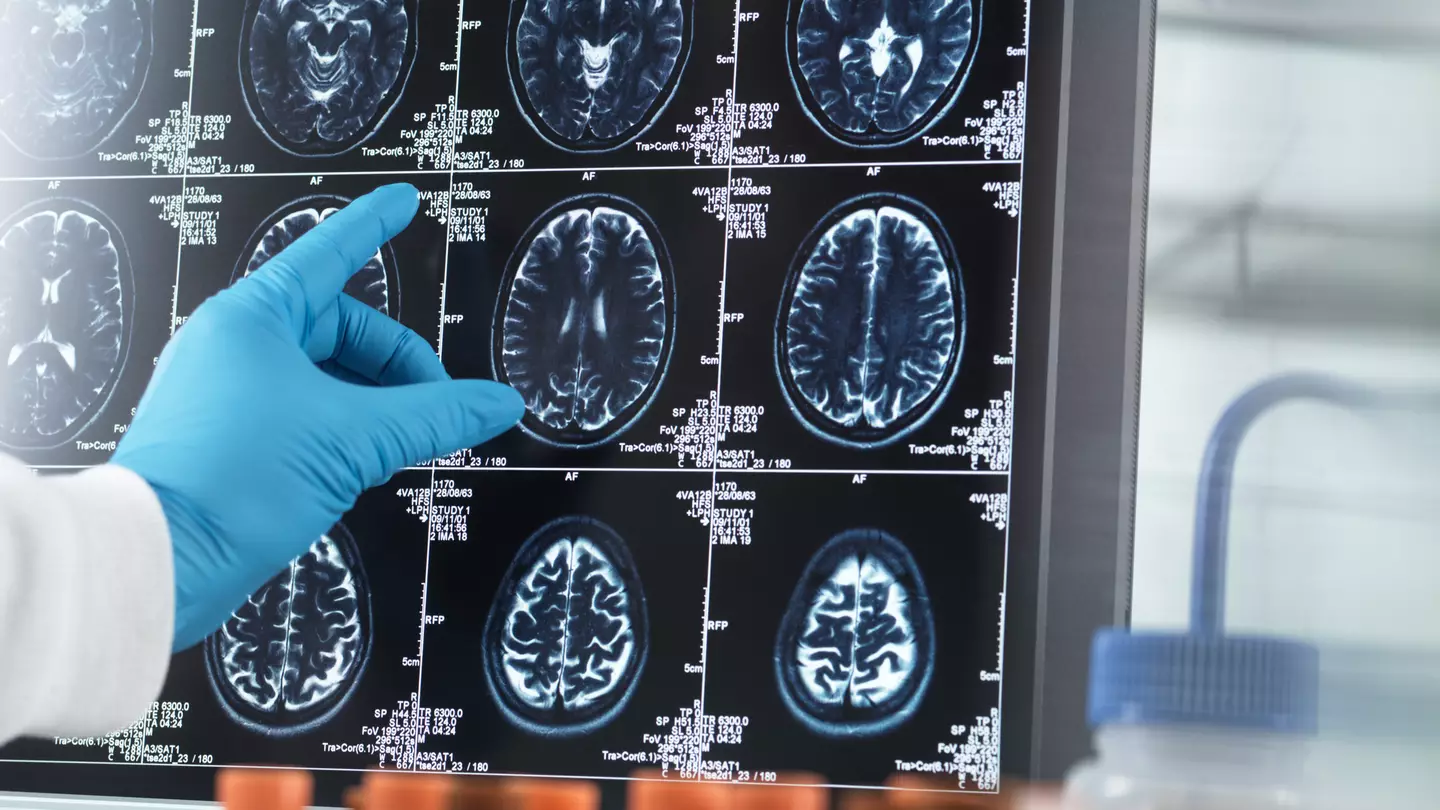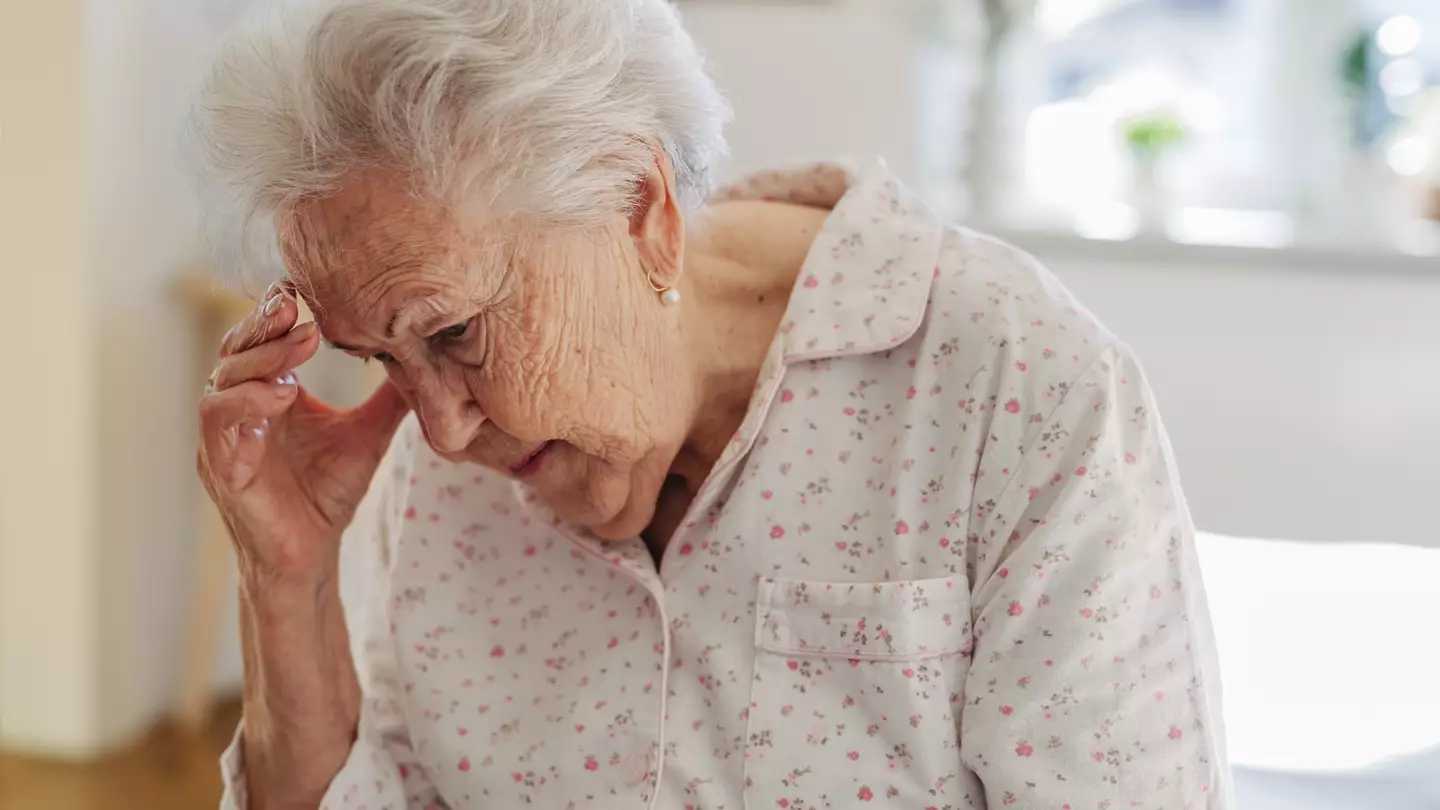
Researchers have found there is a simple way that the elderly can reduce their chance of suffering from dementia and extend their life.
As you get older, you might have growing concerns about your cognitive ability.
While there are things that you can do when you are young to help reduce the chance of mental decline, like a good diet and regular exercise, a new study has found that regularly doing these simple tasks can delay dementia by 5 years and reduce its overall risk by 38 percent.

Advert
For the study, Rush University Medical Center researchers followed 1,923 older adults who were initially free of dementia, checking in with them annually to monitor their social activity and cognitive health.
Over nearly seven years, 545 participants developed dementia, while 695 showed signs of mild cognitive impairment.
The team concluded that those that more frequent social activity was linked to a 38 percent lower chance of developing dementia and a 21 percent lower risk of mild cognitive impairment.
And that social activity could be just about anything, dining out with friends, attending religious services or just staying connected with other people.
Advert
In a press release Bryan James, PhD, associate professor of internal medicine at Rush explained their findings.
He said: “This study is a follow up on previous papers from our group showing that social activity is related to less cognitive decline in older adults.
“In this study, we show that social activity is associated with an increased risk of developing dementia and mild cognitive impairment, and that the least socially active older adults developed dementia an average of five years before the most socially active."

Advert
What's more, a five-year delay in getting dementia is estimated to mean a three-year boost to life expectancy.
Social activity was measured based on a questionnaire how frequently they did six common social activities. According to the press release, these examples were whether they went to restaurants or sporting events, played bingo, took day or overnight trips, did volunteer work or visited relatives or friends.
The reason why socializing plays a role isn’t completely understood at this point, however there are theories on how it is helping the brain.
James suggested: “[One possibility is that] social activity challenges older adults to participate in complex interpersonal exchanges, which could promote or maintain efficient neural networks in a case of ‘use it or lose it.”
Topics: Mental Health, Health